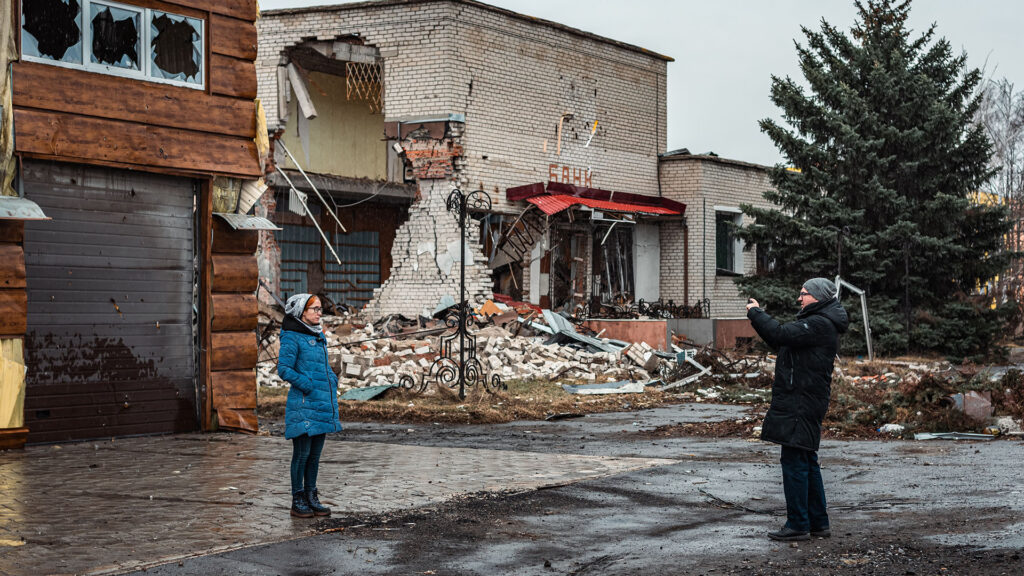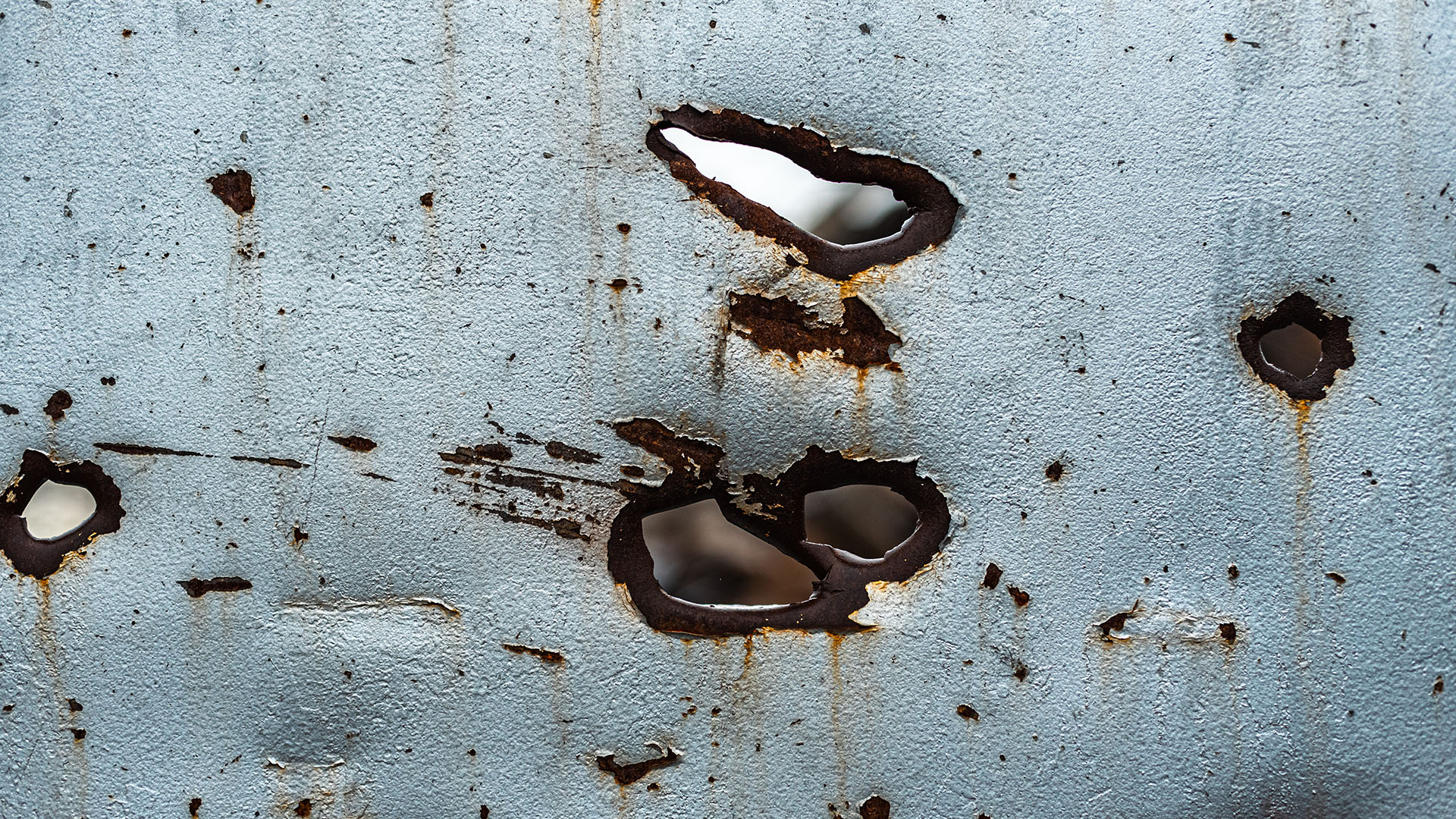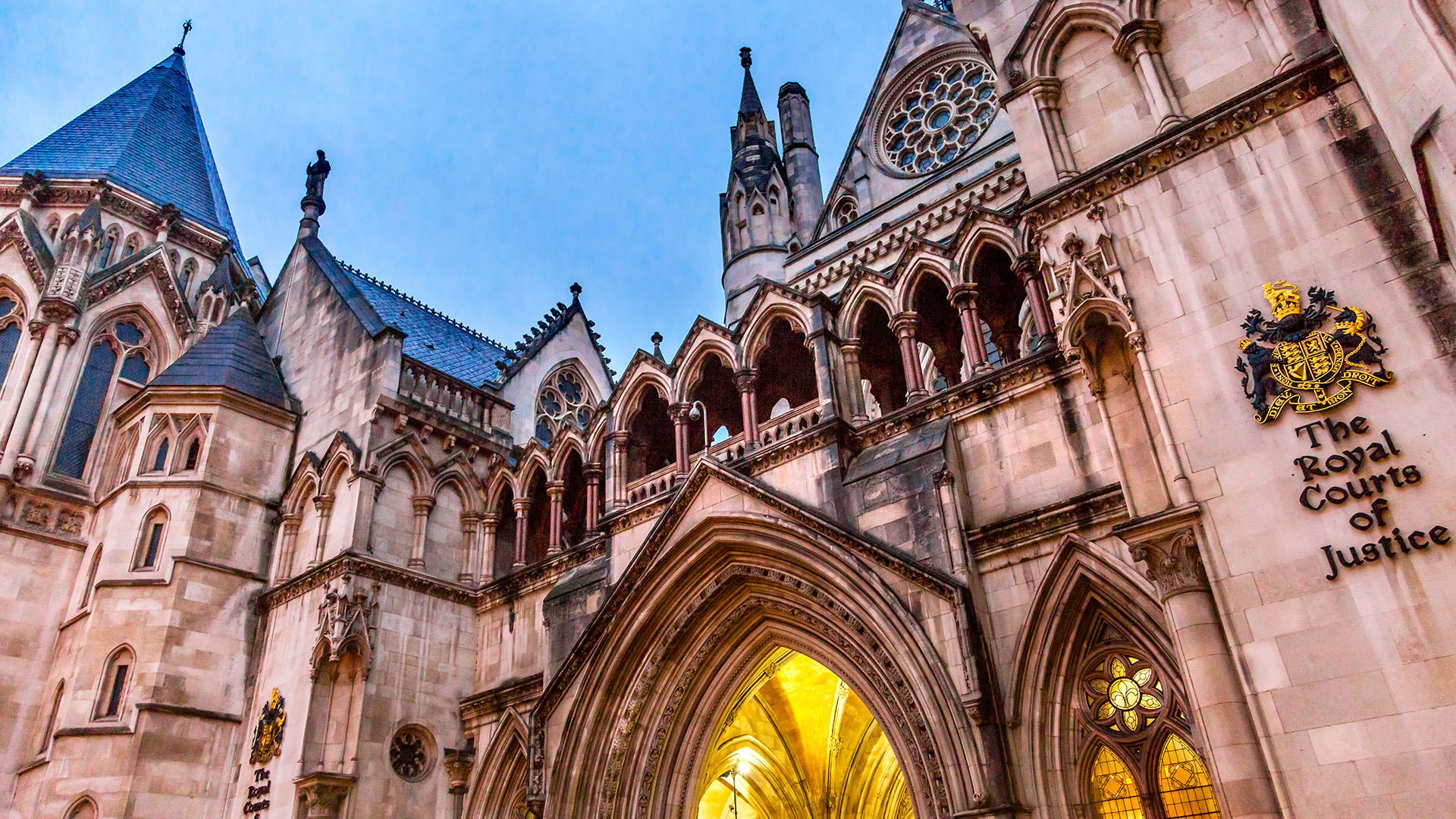First published in The Author (Autumn 2023 – vol 134.3)
Writers always matter in wartime. Correspondents and reporters have a huge role to play, getting the facts as straight as possible, finding those stories which stick with the reader, being there on the ground to witness it.
We matter now, reporting on the war Putin started, more than ever, because the whole world is awash with propaganda, cooked up in Moscow but propagated through a whole array of shameless useful idiots (please, please stop listening to Chomsky…).
But the role of writers in Ukraine, and in the war, goes well beyond straight reporting. It is exciting and inspiring, and sometimes heart-breaking. It was Ukrainian writers in particular who patiently helped me to understand the contours and contradictions of this fast-changing, complicated country.
I fell into their world by accident, catching a lift over the border on my second stint covering the war last year, and ending up at the Lviv Book Forum. I spent whole days in a happy daze listening to debates between poets and playwrights, novelists and philosophers: big names from western and Ukrainian publications, and people I’d never heard of.
While book festivals in the UK can get a bit twee, a bit samey, too many politicians and smug celebrities, this was the polar opposite, and oh how refreshing: fiery, vital, deeply meaningful debates. Some of the contributors talked via video link from the frontlines; poets in uniform reading their work. Everything was live-streamed, in conjunction with Hay festival, so it would reach a wide audience.
One soldier had sent a pre-recorded video, unable to get away from her unit’s combat missions. A well-known and celebrated poet, Yaryna Chornohuz, had been serving for several years, and she delivered a blunt and powerful speech on feminism and women’s experiences of war. So much I heard in this university basement made a deep impression on me, but particularly the account of translator and scholar Oleksandr Mykhed – also now a soldier – as he described the early days of invasion. He was living in Hostomel and escaped as the Russians arrived, waves of helicopters above, explosions, terror.
All a writer could do in such a situation, he said, was document, witness, describe. The next generation, perhaps, would gather it all together and write ‘beautiful novels‘. But not now, not here. Real literature now, he said, was the chat history on mobile phones, the text conversations between those stuck in occupied territory and those who got out.
‘Being in the centre of this hurricane, you just try to grab the tiniest moments of your grief, the tiniest moments of your scream – just bits of these transformations of the soul,’ Mykhed told the audience. War is a time of ‘direct action’: poetry is possible, but poetry with purpose. A poem as a lullaby. A poem as a prayer. A poem with which to curse your enemy.
writers are at the heart of Ukraine’s war: so many in uniform, so many at the helm of the vast volunteer efforts that keep the country going; and in a bigger sense, writers helping to shape what kind of country this becomes
The panels went on, delving into areas like international law and genocide, and the thorny work of unpicking colonial pasts and big lies.
‘All of us now are re-reading, reinterpreting and rewriting the history of our relations between Russia and Ukraine,’ said Ostap Slyvynsky, a poet and polyglot.
This was when I started to really see how writers are at the heart of Ukraine’s war: so many in uniform, so many at the helm of the vast volunteer efforts that keep the country going; and in a bigger sense, writers helping to shape what kind of country this becomes.
Landing up at the Book Forum led to other things: a little later I tagged along on a PEN Ukraine trip to the liberated territories in the northeast. I knew Kharkiv well anyway and was heading that way. (This is how I do much of my reporting: no real plan, lifts and sofas and inveigling myself into situations. It works out, mostly).

Down half-destroyed roads littered with burnt-out tanks, past villages flattened by artillery, went this ‘philosopher’s bus’, taking us to Izium and the terrible pine forests where nearly 450 bodies had been found; to Kapytolivka where everyone piled into a flat, sat at the feet of Olena, and she told the story of what the Russians did to her only son.
He was Volodymyr Vakulenko and his body turned up later; they’d shot him and left him for dead back in March, when the area was occupied, then dumped him in those same mass graves. We’ll never know why. He was patriotic, he spoke only in Ukrainian, wrote books and poems in Ukrainian, supported his country’s army and its right to exist. That would be enough for these occupiers – you only have to read testimonies from any occupied place to see the pattern – drunk soldiers who thought they were rooting out ‘Nazis’, when all they were doing was torturing and murdering people because they didn’t want to be Russian.
He wrote children’s books, mostly. He was writing until the day they came for him: the diary he kept, detailing the bombardment, the occupation, the hunger, was later dug up from its hiding place under a tree.
The woman who did this, helping Vakulenko’s elderly father with the spade, was Victoria Amelina, an extraordinary young novelist turned war crimes researcher. Far-sighted and eloquent, Victoria often talked of the long history of Russia killing Ukrainian writers, Russia trying to wipe out any hint of Ukrainian cultural life.
You start with the writers, you know. To wipe out a nation, the very idea of it. Stalin did it in the 1930s: there had been a period of ‘Ukrainisation’, to get this restive country on board with Bolshevik rule. Intellectuals flocked to Kharkiv, then capital of the republic, and quite a number lived in the purpose-built, high-end flats in the ‘House of the Word’. The Slovo building.
All a writer could do in such a situation, he said, was document, witness, describe.
I stayed there myself one eerie, chilly night, during the relentless strikes on power stations last winter. In the blackout Kharkiv’s streets were dark, but the stars above incredibly thick.
I lay awake all night listening to the rise and fall of the sirens, the scratch of little mice; feeling dark echoes of this haunted place. The knock of the secret police, the bugged phones, the suicides.
By the 1930s Stalin had gone sour on the ‘bring them round’ idea and was having them murdered instead. First the intellectuals, then millions in the countryside through the orchestrated famine. Most of those arrested in their flats in Slovo were subsequently shot at a labour camp in northern Russia.
I knew some of this history but Victoria had explained more as I sat in a cafe in Kyiv, late in 2022. I was interviewing her for a magazine piece, a long feature on the hopeless search for Volodymyr Vakulenko. I loved the way she could sum things up, a real gift; the way she talked with such passion and conviction but also believed so firmly in telling the truth.
And then they killed Victoria too, with a missile strike on a pizza restaurant. She died of her injuries on July 1, 2023.
She cannot be replaced. She is what every country needs, but especially countries torn apart not just by war but by competing narratives and cynical lies. Her novels were about the messy lives, the complicated pasts and loyalties, that you might find in a family in Lviv, her home town. She wanted to make sense of it all.
‘The only story we can all fit into is a true one,’ she wrote in a brilliant essay, published in the Guardian days after her death, on home and mutual trust. Since the morning of the full-scale invasion she’d found fiction impossible. ‘I was literally speechless for the first days of the war,’ she reflected in Lviv. So she became a witness, documenting war crimes, constantly on the road, soaking up all the pain and grief of her fellow Ukrainians with that immense empathy of hers. She told me that she still had an acorn in her pocket, from Vakulenko’s father’s garden, from that day she dug up the diary. Everything, every person, meant a great deal to her.
she became a witness, documenting war crimes, constantly on the road, soaking up all the pain and grief of her fellow Ukrainians with that immense empathy of hers
She was often with the PEN group I’d come to know, on their difficult, sometimes dangerous journeys – Tetyana Ogarkova, Volodymyr Yermolenko, Vakhtang Kebuladze and others. Like many volunteer groups they raise money for trucks and equipment and drive it all straight to the frontline, but these guys also take books to liberated villages and towns, to replenish libraries and give out to children. At the events they’d put on for local kids, Victoria shone, holding their rapt attention with her big, fun personality.
This is literature as activism, as nation-building, and it’s something Victoria well understood. In 2021 she set up a literary festival in New York, a small town in the Bakhmut district. It ran just once before the invasion nearly swallowed up the town. And yet, she was determined that the festival would take place again, in a free and united Ukraine. Victoria won’t see it, but PEN Ukraine is fundraising for the future festival, in her memory. It will be a huge celebration of everything they are fighting for, and I, for one, will be there.
- For more about the festival and to donate visit authr.uk/pen-ukraine
- The 2023 Lviv Book Forum was streamed online from 5-8 October, in conjunction with Hay Festival





I thought I’d write here a solution to the problem, mentioned in another comment to this article, of how Britain can maintain a free press but end the terrible trend that is currently going on whereby young people go out to conflict zones and become reporters without any real knowledge of the languages or even history of the place they’re reporting from. I believe university departments specialising in areas of the world like Russia, the Middle East, China, etc, etc, need to become more pro-active about educating British people and take the attention away from papers like the Guardian that… Read more »
Hi Jen – I have a great deal of experience living in conflict zones where western reporters who don’t speak the local languages cause huge amounts of damage to the conflict itself, harm the British government’s ability to get involved at a diplomatic level behind the scenes (usually the best way to end a war), as well as putting themselves and other people posing as journalists in danger. The ‘journalists’ who don’t speak the languages to a high enough level (I think this should be at least C1 level) tend to use translators, but this in itself is a problem.… Read more »
The suggestion that who gets to report and who does not should be policed by government is a dangerous line. Yes, diplomacy is essential, but so too is a free press and the ability of journalists to report. There is far more risk of manipulation when those in power are managing the process. Perhaps you can imagine scenarios in which free reporting would not be prevented, but in most it will lead to convenient narratives being written up by approved (on whatever criteria suits everyone at the time) journalists who are herded to see only what it suits governments and… Read more »
Dear HOC, I actually have a solution in mind to the problems you are talking about. I will write more about this later and I would be extremely grateful for your thoughts on what I write. This issue is very important right now. What I would say, though, to start with, is we don’t have a ‘free’ press if the news is being written by people who cannot possibly understand what is actually going on because they don’t speak the languages of the countries engaged in conflict. Imagine a Chinese journalist who couldn’t speak English reporting on Northern Ireland. That… Read more »
Hi Helen. It’s great to suggest solutions and give constructive criticism. It’s completely unhelpful, and oddly snide, to tar thousands of journalists with a very black brush based on your own specific experience, and seemingly not much understanding of how international news works. Yes, I speak Russian. Yes, I agree there can be problems when things are lost in translation, problems with ‘parachuting’ in without good knowledge of the local situation. I’ve met people with no experience in Ukraine, no language skills, who I don’t think should be there. If student journalists ask me how to get to Ukraine, I… Read more »